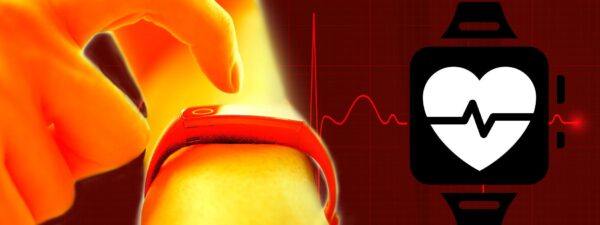Vodafone published on Thursday its fourth annual IoT Barometer Report, its global survey of business sentiment regarding innovation and investment in the Internet of Things, the term used to describe the evolution of a new generation of devices and processes using connected network intelligence to deliver advanced capabilities. Examples of IoT applications – including driverless cars, smart metering for gas and power and remote monitoring for homes and industry.
The survey was conducted by Circle Research in April and May this year, and involved more than 1,096 companies across Australia, Brazil, Canada, China, Germany, India, Ireland, Italy, Japan, The Netherlands, South Africa, South Korea, Spain, Turkey, the UAE, the UK and the USA.
IoT connects objects such as cars, buildings and machines to the internet, turning them into ‘intelligent’ assets that can communicate with people, applications and each other. It is a broad concept, capable of making all kinds of assets smart and connected, from the smallest wearables and consumer devices to the largest vehicles and industrial installations.
Despite this diversity, organisations that are setting out to build connectivity into their facilities, infrastructures, products and processes face many of the same decisions — and see many of the same results.
Organisations are working hard to bring IoT to life. Already 28 percent of businesses have live projects, with a further 35 percent less than a year away from launch. For most adopters, the results are impressive. 63 percent of adopters are seeing “significant” return on their IoT investment, up from 59 percent in 2015.
The report also found that IoT technologies play a key role in mainstream business activities in an increasing number of companies. Highlights included 48 percent of companies interviewed are using IoT technologies to support large-scale business transformation, rising to 61 percent in the Asia-Pacific region; 52 percent of consumer electronics companies interviewed are using IoT technologies as the basis for a new generation of applications for connected homes; and 46 percent of all companies interviewed said they intend to develop new IoT-based products and services over the next two years.
“Three-quarters of the companies we interviewed now recognise that the Internet of Things is a new industrial revolution that will change how people work and live forever, and almost half the companies surveyed across multiple countries and sectors told us they’re already planning to bring connected network intelligence to millions of devices and processes over the next two years. 2016 is the year the Internet of Things entered the mainstream,” said Vodafone Group IoT director Erik Brenneis.
Within the next two years, the majority of businesses will be using IoT. Just adopting IoT will no longer be a differentiator — it’s part of the IT landscape and digital strategy of every business. The decision to take is how best to use it. That may be as a highly visible technology that’s driving service quality, revenue or process efficiency, or it may be invisible to most employees, as an intrinsic part of the business environment: quietly and autonomously monitoring the health of vehicles, updating digital signage, optimising building systems.
IoT will increasingly be treated as indistinguishable from business processes; it will be part of the fabric of the organisation. IoT will be seen as an intrinsic feature of a modern warehouse system, company car fleet or security solution, for example. It expect business-led approaches to procuring and managing IoT, including end-to-end outsourcing, will dominate, in order to drive measurable business results and effective governance. At the same time, Vodafone expect IoT, cloud, mobile and analytics will increasingly be conceived of and purchased together as elements of an integrated solution.
IoT may be managed as part of the business, but just like cloud or mobile, it’s still a technology, and cybersecurity will remain a major consideration. IoT security is dominated by fear of the unknown; Vodafone expects that this will shift as businesses recognise the value of data and the need to manage it. IoT will be absorbed into overall IT security practices and businesses will invest in actively protecting it as a mission-critical asset.
Vodafone is already seeing that IoT applications of all kinds are not only driving operational and process improvements, but having a noticeable impact on the employee and customer experience. As businesses increasingly look at building IoT into their products and services, certain sectors will naturally take the lead in revolutionising how they engage with their customers, among them automotive (through the connected car) and healthcare (through mhealth).




